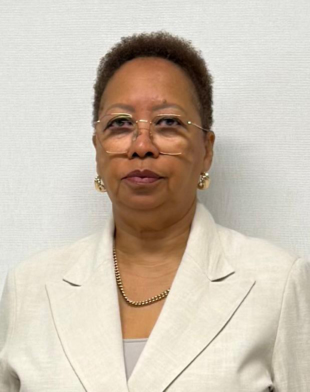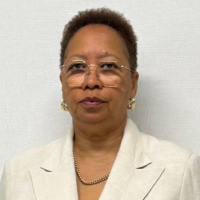Today we have the opportunity to address aspects of the ninth Tokyo International Conference on African Development and to encourage African and Japanese companies to create partnerships for development.

For Angola, TICAD 9 comes at a particularly important moment in our history. It coincides with the celebration of 50 years of independence, Angola’s assumption of the rotating presidency of the African Union and South Africa’s first presidency of the Group of 20 leading rich and developing nations — all at a time when the continent faces several challenges.
TICAD itself is a mechanism for strengthening and appealing to African states in the search for mutually beneficial partnerships for the development of our continent.
The opportunity lies in the hands of African countries, rich in mineral resources, which could become ideal partners for Japan, laying the foundations for development through the transfer of technology and knowledge.
It is also an opportunity to promote the image of the new Angola we are building. One that is increasingly seeking to explore our vast resources and ensure the main beneficiaries are our people.
At this unique moment when Angola will co-chair the TICAD summit with Japan for the first time, President of Angola and of the African Union H.E. Joao Manuel Goncalves Lourenco attaches great importance to the search for partnerships. This is why he is accompanied by a delegation of representatives of various ministerial departments focused on the economic sector.
Angola and Japan will celebrate the 50th anniversary of their friendly and cooperative relations in 2026. In that time, the Japanese government has supported Angola’s development process by financing various projects in the areas of demining, health, education, energy and water.
More recently, taking advantage of the Japanese government’s growing interest in investing in Angola, we have made remarkable progress in the areas of infrastructure and health, with emphasis on the rehabilitation of the Port of Namibe on our southern coast, as well as the renovation and modernization of the Josina Machel Hospital in Luanda.
In terms of legal instruments, Angola and Japan signed in 2023 the Agreement on the Liberalization and Protection of Investments, which offers unique advantages and opportunities for entrepreneurs to create favorable conditions for investment.
Angola has a long-term vision that projects the country into the future and onto the international stage, valuing and enhancing human capital, building new and modern infrastructure and investing in economic diversification and protection of the ecosystem through environmental preservation and water and forest resource management.
In the field of infrastructure, several projects have been implemented by the government, notably the Lobito Corridor, a 1,344-kilometer route linking the Port of Lobito to Luau in Moxico province. This serves as an alternative for the export markets of countries such as Zambia and Congo.
The Lobito Corridor will also facilitate the movement of people and goods, as well as regional economic integration, and boost the cultivation of cereals such as corn, soybeans, wheat and rice, tubers, beans, vegetables and fruits.
On Aug. 5, Foreign Affairs Minister H.E. Tete Antonio and Japanese Ambassador H.E. Hiroaki Sano signed an agreement aimed at expanding the capacity and resilience of electricity transmission infrastructure in the provinces of Huila, Namibe, Cuando, Cubango and Cunene.
Given the number of heads of state, representatives of international organizations and financial institutions that will attend the event, we can see that TICAD’s vision is perfectly aligned and articulated with the priorities of the United Nations 2030 sustainable development goals and the African Union’s Agenda 2063.
Despite its rich natural resources, the African continent continues to face serious economic development challenges, with a glaring lack of basic infrastructure, energy, transportation and communication. There is also difficulty in accessing subsidized credit lines, which hinders Africa’s economic and sustainable growth.
We hope that TICAD 9 will provide mutually beneficial business opportunities between African countries and Japanese partners to transform Africa into a promising, dynamic and prosperous continent.
Only in this way will we be able to take advantage of the important resources we have, placing Africa in a strategic position in the contemporary world, thanks to its large reserves of raw materials — many of them strategic — its biodiversity and capacity to increase long-term agricultural production, and its dynamic population growth.
Let us combine Africa’s potential with Japan’s strength and serve as an example that we can make a better world.





